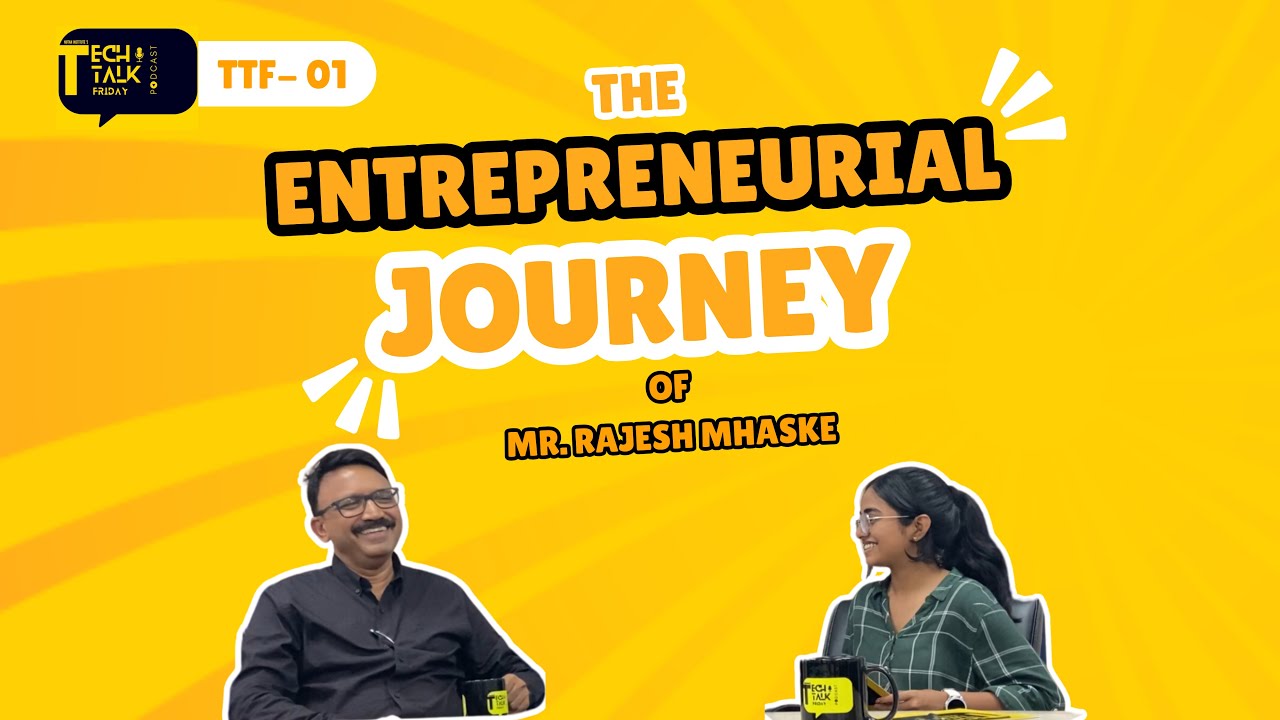Learn English by Talking About Your Day – Past Tense Made Easy | A1-A2 Beginner | English Podcast
Summary
TLDRIn this episode of Mr. English Channel, Emily and Paul discuss how to talk about the past in English. They break down simple and irregular verbs, demonstrating how to use them in sentences. By comparing the present and past tenses, they cover key verbs like 'was', 'were', 'ate', 'went', and 'saw'. Listeners learn how to describe everyday actions and share personal experiences. Through engaging examples and relatable stories, the hosts make learning English fun and accessible, providing helpful tips for mastering past-tense conversation.
Takeaways
- 😀 Learning English is fun and easy with Mr. English Channel.
- 😀 The focus of this episode is on talking about the past using simple past tense.
- 😀 The verb 'to be' changes in the past tense: 'am' and 'is' become 'was', and 'are' becomes 'were'.
- 😀 Regular verbs form the past tense by adding '-ed' (e.g., walk becomes walked, talk becomes talked).
- 😀 Irregular verbs do not follow the '-ed' pattern and change entirely (e.g., go becomes went, eat becomes ate).
- 😀 Common irregular verbs include 'go' (went), 'eat' (ate), 'see' (saw), 'have' (had), and 'take' (took).
- 😀 The key to mastering the past tense is practice, especially when using both regular and irregular verbs.
- 😀 Talking about the past can include activities like describing where you were or what you did (e.g., 'I was at the park,' 'I ate pizza').
- 😀 Mistakes are a normal part of the learning process, and it’s important to keep practicing to improve fluency.
- 😀 Viewers are encouraged to practice by sharing their own stories in the comments, such as 'What did you do last weekend?'
Q & A
What is the main topic discussed in the podcast episode?
-The main topic is talking about the past in English, particularly how to use the past tense with regular and irregular verbs.
What is the difference between 'was' and 'were'?
-'Was' is used for singular subjects (I, he, she, it), and 'were' is used for plural subjects (we, you, they). Both are used to talk about states or locations in the past.
Can you explain how regular verbs are used to talk about the past?
-For regular verbs, we simply add 'ed' at the end of the verb to indicate past tense. For example, 'walk' becomes 'walked', and 'talk' becomes 'talked'.
What are irregular verbs, and can you give some examples?
-Irregular verbs do not follow the standard 'ed' rule for the past tense. They change in different ways. For example, 'go' becomes 'went', 'eat' becomes 'ate', and 'see' becomes 'saw'.
How do you form the past tense of 'to be'?
-The verb 'to be' changes in the past tense. 'Am' and 'is' become 'was' (for singular subjects), and 'are' becomes 'were' (for plural subjects).
What is a common challenge when learning irregular verbs?
-The main challenge is that irregular verbs do not follow a predictable pattern, so learners need to memorize their past tense forms, as they can vary greatly from the base verb.
Can you provide an example of a past tense story using both regular and irregular verbs?
-Sure! 'Last Saturday, I went to the park. I walked around and saw many people. I ate a sandwich and drank some water. It was a great day.'
What is the significance of the 'ed' ending in regular verbs?
-The 'ed' ending is a simple and consistent way to change regular verbs into the past tense, making it easier to talk about things that happened previously.
How do you form the past tense of 'sing'?
-The past tense of 'sing' is 'sang'. For example, 'We sang songs at the party.'
What is the best way to learn irregular verbs in English?
-The best way is through practice and usage. Learning the most common irregular verbs and incorporating them into everyday conversations helps solidify their forms.
Outlines

Cette section est réservée aux utilisateurs payants. Améliorez votre compte pour accéder à cette section.
Améliorer maintenantMindmap

Cette section est réservée aux utilisateurs payants. Améliorez votre compte pour accéder à cette section.
Améliorer maintenantKeywords

Cette section est réservée aux utilisateurs payants. Améliorez votre compte pour accéder à cette section.
Améliorer maintenantHighlights

Cette section est réservée aux utilisateurs payants. Améliorez votre compte pour accéder à cette section.
Améliorer maintenantTranscripts

Cette section est réservée aux utilisateurs payants. Améliorez votre compte pour accéder à cette section.
Améliorer maintenantVoir Plus de Vidéos Connexes

Peppa Pig Season 1 Episode 2 - Mr Dinosaur is Lost - Cartoons for Children

Ask MrEvan - Episode 103

Charities Are Woke Now? - Mr. Birchum Episode 5 Review

College to Corporate S3 EP4 I Devesh Chawla, founder Chatur Ideas I Corporate Connect I IBS Mumbai

The Entrepreneurial Journey of Mr. Rajesh Mhaske Sir | Tech Talk Friday | #ttf

Libels Podcast Episode 4 - Menjadi Generasi Emas Tanpa Narkoba Bersama Kabag Umum BNN Prov.Lampung

Neuroplasticity & Effects Of Psychoactive Drugs [AP Psychology Unit 2 Topic 8]
5.0 / 5 (0 votes)
